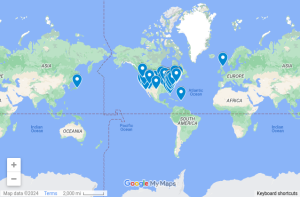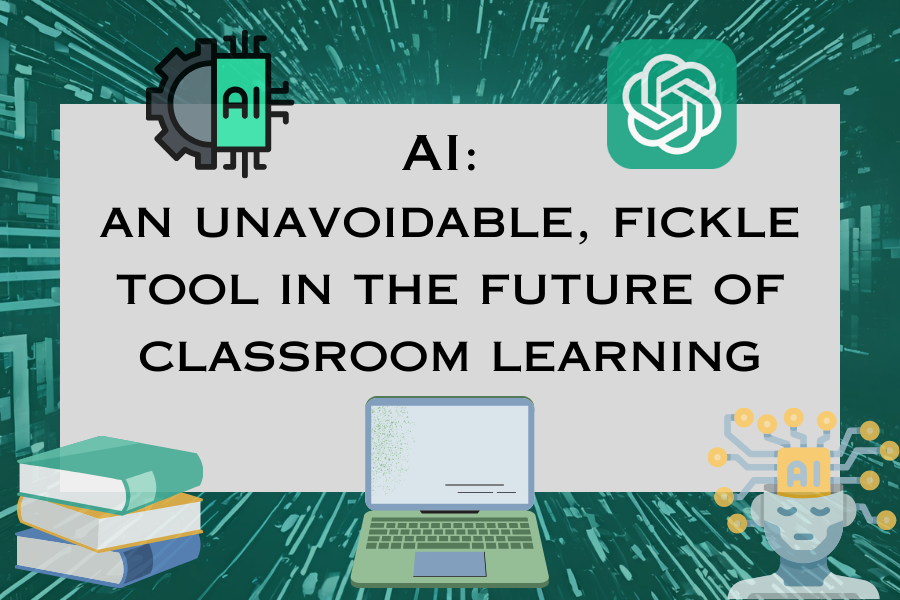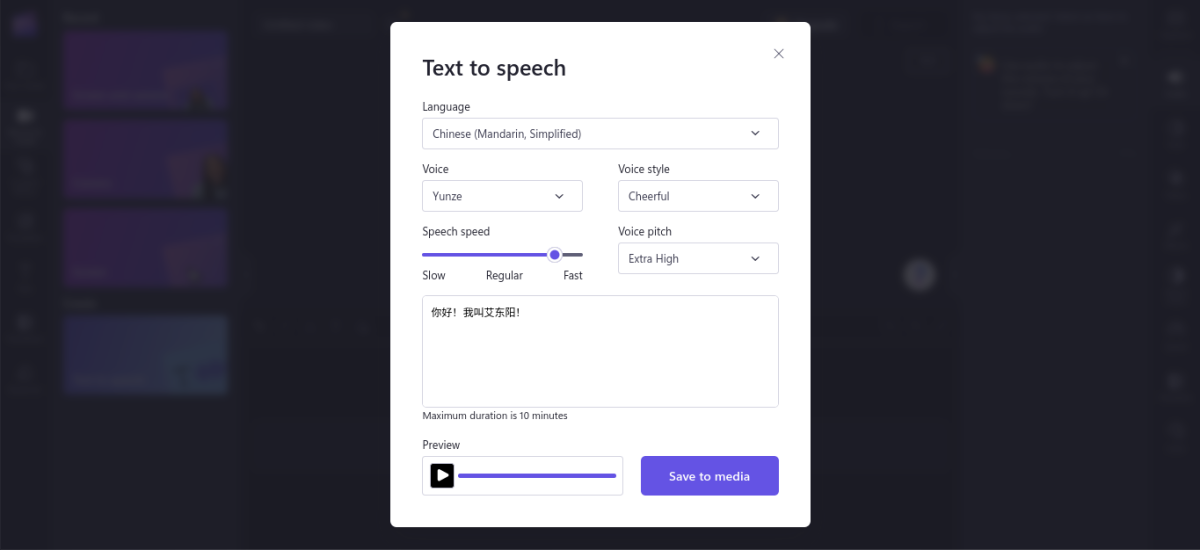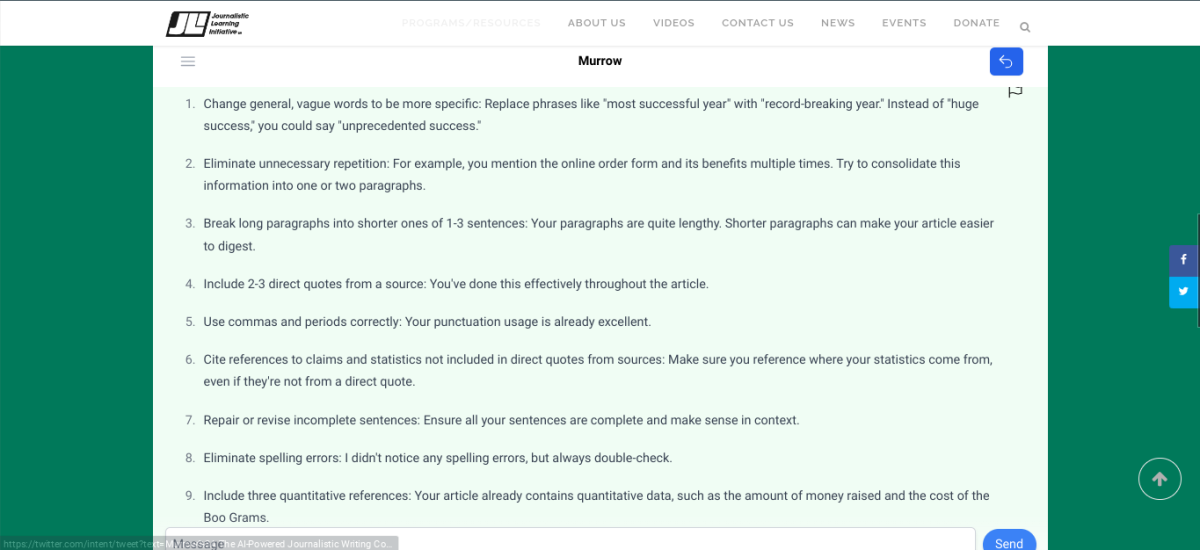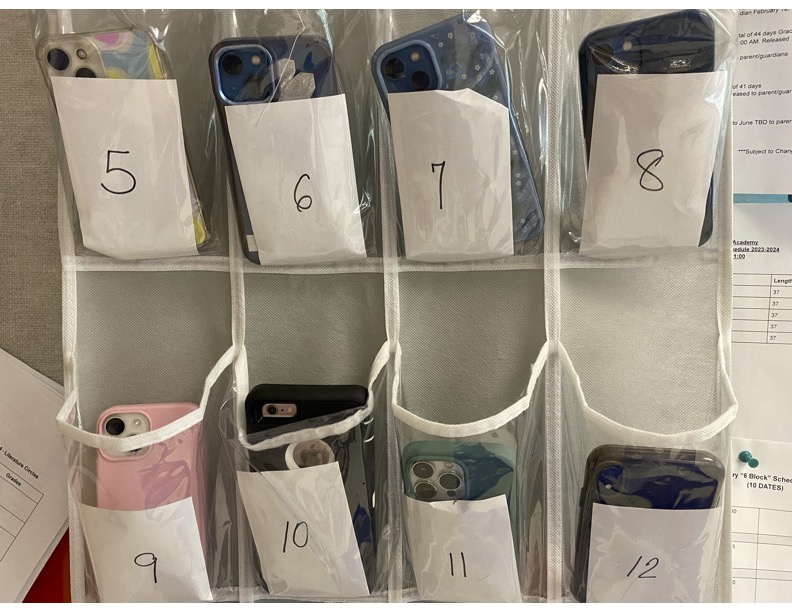On November 30, 2022, education was forever changed with the release of an AI chatbot known as ChatGPT. Now, one year later, “artificial intelligence” has become more and more synonymous with cheating and plagiarism. However, with 38% of educators surveyed planning to use AI tools in the 2023-2024 school year according to Houghton Mifflin Harcourt’s Educator Confidence Report, it is becoming more apparent that AI may soon be associated with learning in the classroom.
With AI continuing to weave itself into the current day and age, it will undeniably work its way into more and more classrooms. As it becomes more prevalent, it is important to set limitations while still making use of its benefits. One faculty member interested by the advantages and disadvantages of AI is science teacher Bill Bowen.
“It falls on the user ultimately. I can drive a car at the speed limit or I can drive a car at 100 miles per hour. One is clearly more dangerous than the other,” Bowen said. “The same thing is true about the user in any piece of equipment or utilizing any technology.”
Students may remember the buzz around ChatGPT around this time last school year. Since then, the topic of AI has become commonplace in conversations among students and faculty, although it normally carries with it the connotation of cheating. As many now know, AI, such as ChatGPT, can be used to generate answers to a multitude of different questions, including essay prompts and other writing-based school assignments.
Due to the capabilities of the chatbot to create original answers to questions in a matter of seconds, it has been blocked on school accounts to prevent students from using the tool to cheat. AI detection has also been added to websites such as Turnitin to allow teachers to easily root out any plagiarised submissions.
Despite the risk AI brings to the table, one must also acknowledge the benefits it can have for students. The number of educators utilizing AI in the classroom has jumped in the past year in no small part due to the teaching aids and tools being developed which incorporate AI. According to an article by The New York Times, some schools have started to use AI in classrooms to better explain concepts to students, to answer clarifying questions, and to provide example questions and problems.
One application that has been used in WA is a text-to-speech software that Mandarin 1 students used for a voiceover project in April. The software was used to allow the Mandarin 1 students to type dialogue in Mandarin which was then converted into an AI voice speaking the Mandarin dialogue. Students were able to change the emotion, pitch, and speed of the dialogue before using it as the audio for a video of their choice.
“I thought that using AI in that setting was an interesting experience and I learned a lot,” sophomore Jakoby Dickson, a Mandarin student said. “I feel like AI in that sense would be beneficial because the student is doing most of the work.”
A more recent example of AI being used in classrooms is a software known as Murrow which Journalism students have had the chance to edit their articles with in the past couple weeks. Murrow is an AI program that has the ability to provide suggestions for improvement when writing articles. The software can also suggest the types of questions to ask interviewees and provide suggestions to improve articles.
I was able to input one of my own news articles into the writing coach and I was pleasantly surprised to see it suggest multiple ways I could improve my article in a matter of seconds. In addition to its speed, Murrow also explained the improvements I could make in a simple and understandable way. AI such as Murrow deserves a place in the classroom because many students benefit from an explanation different than the one a fellow student or teacher may provide.
On the other hand, with AI tutors such as Murrow, it is impossible not to think about the jobs it has the potential to replace in the field of education. A conclusion many could jump to is that an AI that can easily explain topics and suggest improvements in seconds could potentially eliminate the need for human tutors, and even teachers in the future. However, this line of thinking disregards the importance of human connection.
Reading the suggestions of AI will not be able to replace the anecdotes or personal connection that a human educator brings to learning. Students being able to connect to the teaching of real person, and remembering information using a funny story or other personal mnemonic device a teacher shares cannot be replaced by technology.
“The advantage to tutoring and having a human tutor is that they have the personal experience that [students] can relate to,” Bowen said. “Typically with tutors, it’s the experience of the person having taught that class […] so that personalized human interaction, I don’t see that getting replaced by AI.”
I can say from my experience that the information that sticks in my mind the most is taught through the stories teachers share of when they first understood a topic, the emotions they felt when they first learned the new information, and their personal experiences with struggles they have faced and overcame while learning.
AI is a tool that has been easy for students to abuse in the past, and while it has its risks, it will ultimately continue to grow. With new tools constantly being created, educators must be prepared to incorporate AI into classrooms because the tools can provide interesting new concepts for projects and new ways of explaining topics. We as a community must be prepared to accept AI as it becomes a bigger part of our daily lives, but we must also remember the value of human connections in learning and beyond.




